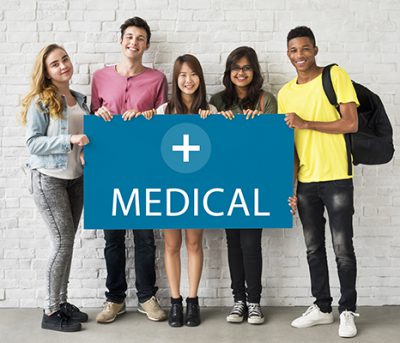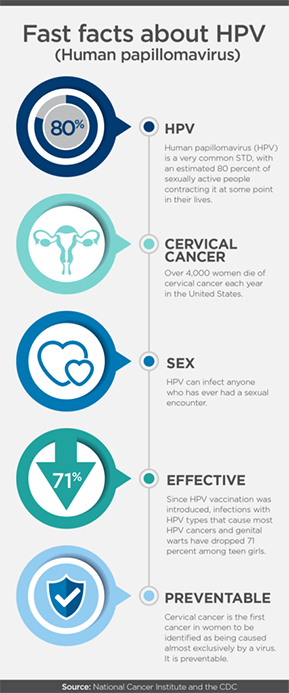Q: What is an Adolescent Specialist and why should teens see a doctor if they aren’t sick anyway?
A: Wellness Visits are important for adolescents to learn about taking health into their own hands and getting a chance to talk about personal concerns with a doctor. There are specialty trained physicians who are there to support and accept teens as they are, no matter what. Today’s adolescents face tremendous social and academic pressures, as well as potentially life-threatening illnesses, habits, and behaviors. Although a pediatricians and family practice providers can care for most adolescent problems, adolescents can receive greater benefit from seeing someone more focused on their needs and challenges. Adolescent health specialists are medical doctors who have completed at least 4 years of medical school and 3 years of general pediatric, family practice, or internal medicine residency training who then continue specialized training and/or fellowships in adolescent medicine. These specialists have the training and expertise to help pre-teens, teens and young adults with their complex physical, behavioral, and emotional health care needs—from physical exams and immunizations to reproductive and mental health care.




